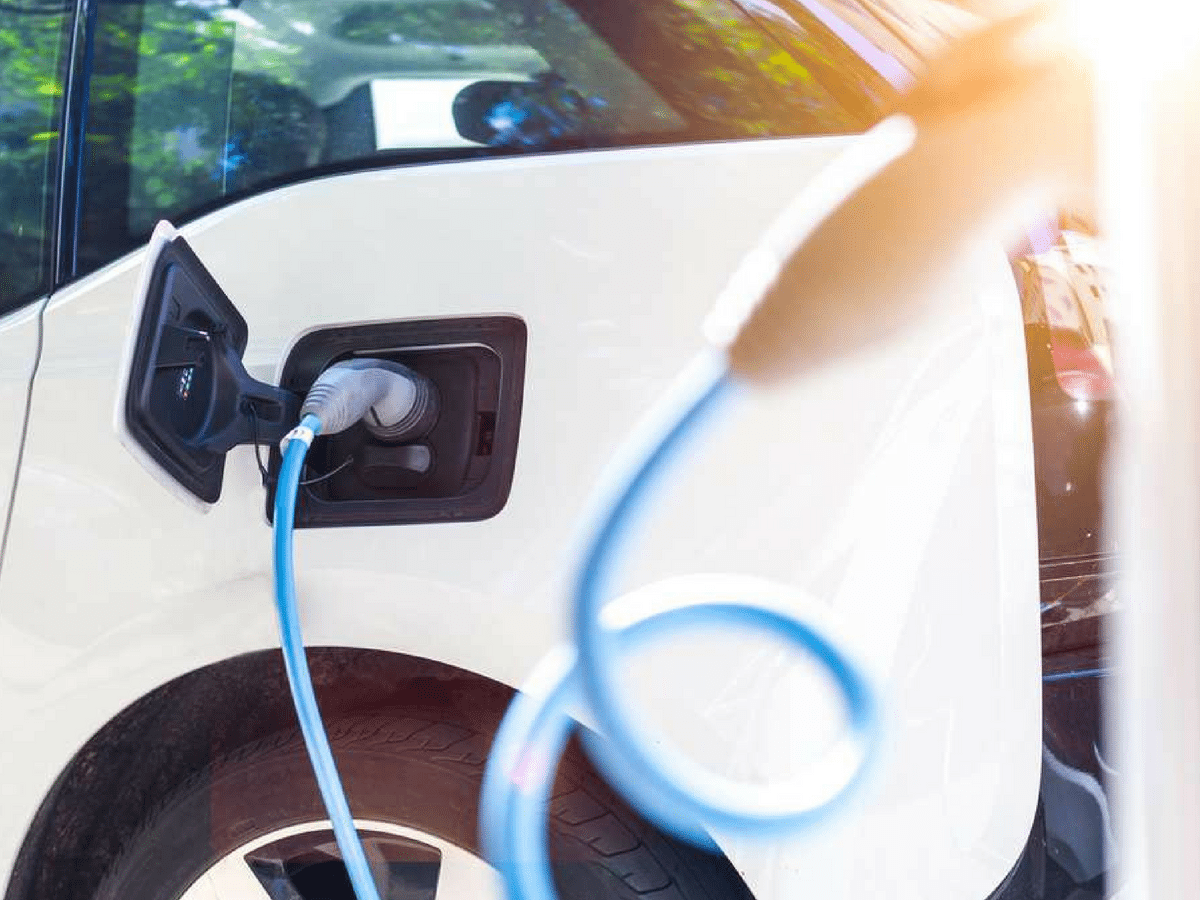
The lubricants industry must adapt to deal with the inevitable rise of electric cars, an expert at FUCHS has said.
Next year the sale of rechargeable cars is expected to exceed one million worldwide.
Meanwhile, major cities around the world are contemplating banning diesel vehicles on their streets by 2025.
It seems just a matter of time before electric cars with ranges of more than 500 kilometres are the norm – and Markus Garb, Head of Global Product Management for FUCHS Petrolub SE, said the lubricants industry will have to evolve to meet new challenges.
“I think we will see quite a few electric vehicles in Europe by 2030, especially in large and densely populated cities,” said Markus. “In rural areas, consumers are likely to depend in part on hybrid solutions.
“The hybrids still have a small combustion engine that extends the vehicle’s range, as well as a partially electric drive train. Hybrid solutions come in a wide variety of different designs, and today no-one knows what concept the leader will be in 15 years.”
The combustion engine in a hybrid car will still need lubrication. This engine will have a smaller displacement, since it also has an electric motor, and will not need to produce all the power as in a conventional vehicle.
With a smaller displacement, the requirements of stability to heat will increase.
“This is because the more compact engines are also more encapsulated which further increases the stress of the engine oil,” said Markus.
In smaller engines with high power, a turbocharger is often used. This increases the need for protection against deposits and demands a lot of oil.
As the future evolves and electric vehicles take over, the development of engine oil will continue.
“This is good news for specialists like FUCHS, as we can quickly adapt to the new requirements,” emphasised Markus.
“When the development of fully electric vehicles is intensified, other groups of products will also be affected. New requirements will be imposed on gear oils, coolants and greases, partly because they will be in contact with electrical modules, sensors and circuits, and will be affected by electric current and electromagnetic fields.
“Lubricants must be compatible with everything from copper cables and electrical modules to special plastics and insulating materials, so they will have to be more specialised to deal with lubrication in these environments.”
In addition, the engines in electric cars emit a large amount of heat, which must be kept away from the electrical module.
Here, effective cooling concepts will be increasingly important. It is also likely that electric motors will be driven at increasingly high speeds to increase efficiency. New engines are already being designed and different lubrication and cooling concepts are being discussed. With high-speed electric motors, the RPM in the drive train should decrease. Therefore, new reduction gears are being implemented, for potentially higher input speeds.
“Changes are always a challenge, but at FUCHS we are used to adapting quickly to new demands,” said Markus.
“We are now adapting our development strategies and working methods to meet the demands of lubricants which come into contact with components in electrical transmissions. This gives us the opportunity to expand our offering and ensure that we stay at the forefront of technology by moving forward.”